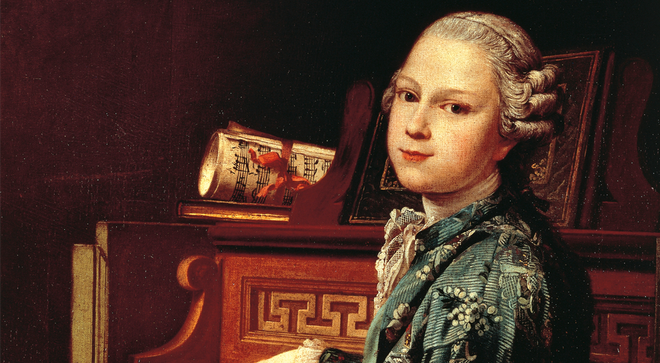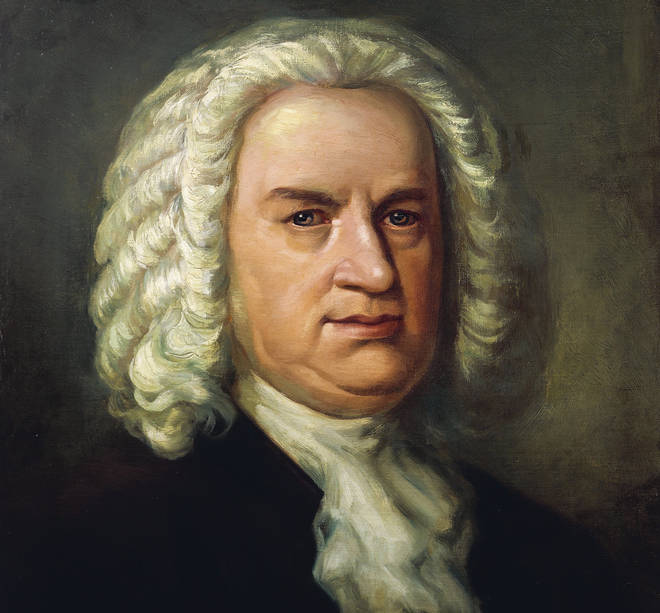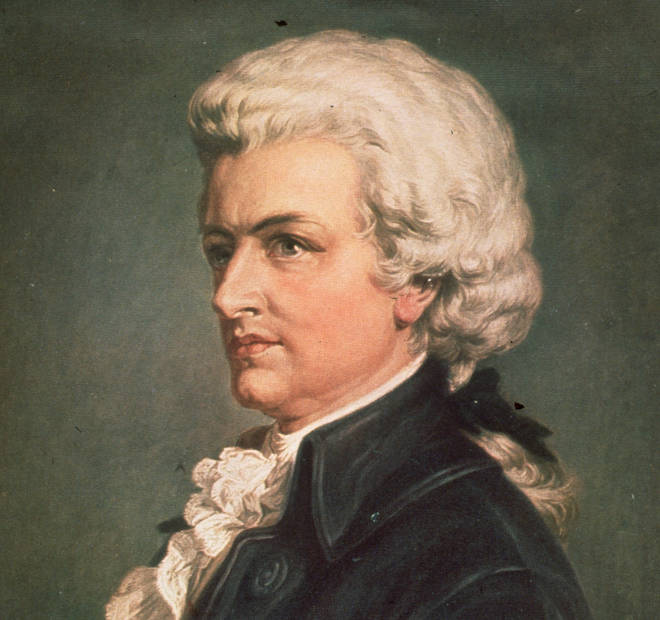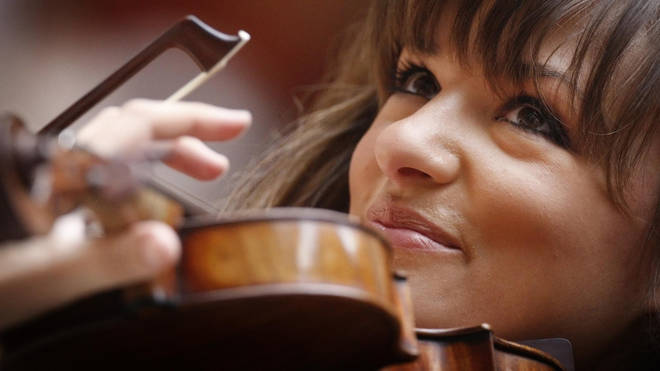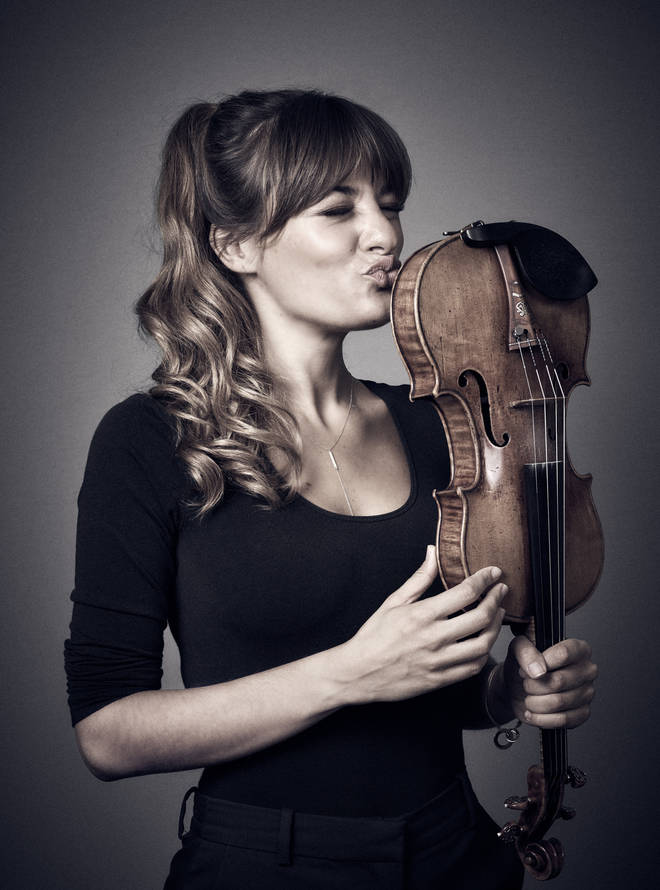We met Sir Elton at his old alma mater to talk music education, his ‘mystical’ song-writing process and how the Royal Academy of Music has changed since 1958...
“It was so intimidating then,” tells Classic FM’s Tim Lihoreau, as they meet in a room behind reception at London’s . “It smelt of fear.”
The great and singer has just hosted a Q&A with students of the Academy, which he attended as a Junior Exhibitioner from the tender age of 11.
But by 16, the young Reggie Dwight had decided to quit his classical roots to pursue a career in rock ‘n roll. And, rather hearteningly, he still puts his enormous success down to those early years spent playing scales in a practice room.
“In those days, the Academy meant classical music and nothing else – certainly no rock ‘n roll. That was the devil’s music. But without my training, I never would’ve been able to write the songs I’ve written.
“I’m so grateful for my classical training. I played and and , and to be part of the choir was incredibly fulfilling. Singing in a choir is such a moving, life-affirming experience.”
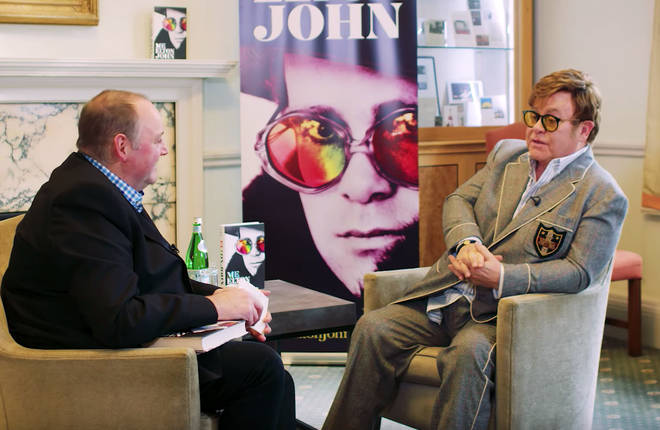
Today, eight Royal Academy students a year are on the Elton John Scholarship – a fund reserved for exceptional young musicians who would otherwise be unable to afford the fees.
There was a rather lovely moment during the Q&A when four of those students stood up and spoke about what they had achieved thanks to their star sponsor. This of course begged the question: what does Elton make of the dwindling presence of music in today’s schools?
“Music was one of the few O Levels I managed to get,” Sir Elton tells Tim.
“A lot of schools [now] have taken music out of the curriculum and I find that really appalling, because music is so inspiring and for kids that have the ability or want to play music, there’s no outlet for this in schools anymore. It’s tragic.”
Sir Elton has famously enjoyed a long-lasting relationship with the keyboard. The story goes that as a teenager at the Royal Academy of Music, he played a note-perfect rendition of a four-page composition, completely by ear (for any fans out there, the moment is replicated in the movie but replaced with Mozart’s better-known Rondo alla turca).
But that isn’t the only great musical relationship Elton has enjoyed throughout his professional life. His arrangement with songwriter Bernie Taupin is, Tim suggests, a somewhat mystical one.
“It’s very mystical. There’s no rhyme or reason. It exists, I don’t question it,” Elton replies. “It sounds very cliché but it’s like a gift from God.
“I look at his lyrics, as I’m looking at them a film appears, I finish the lyrics, I puts my hands on the keys and then I go from there. Usually, the first four or five chords I play determine what the song’s going to do. And I have no idea where it comes from.”
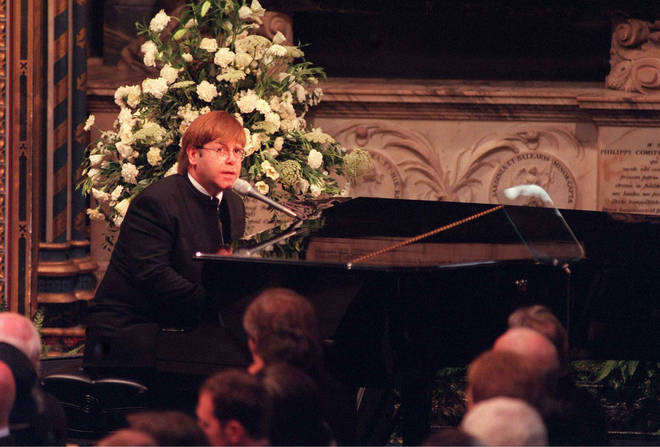
After around 60 years of playing for other people, it would be easy to assume that Sir Elton got over any feelings of stage fright decades ago.
But there was one instance of it that he still remembers very clearly – and it was when he famously played ‘Candle in the Wind’ at the funeral of Diana, the Princess of Wales, in 1997.
“It was the only time I really got stage fright,” he tells Tim.
“It was an enormous responsibility, and I’d been singing that song for so many years as ‘Goodbye Norma Jean’, and I had to call on all my professionalism of all my years of playing in clubs and being Elton John to pull that off.
“And I was doing it for all the people outside, all around the world, so I had a teleprompter. I just didn’t want to sing ‘Goodbye Norma Jean’ – I would’ve been garrotted on the spot. And I pulled it off because I had to. You have to man up in situations like that.”



